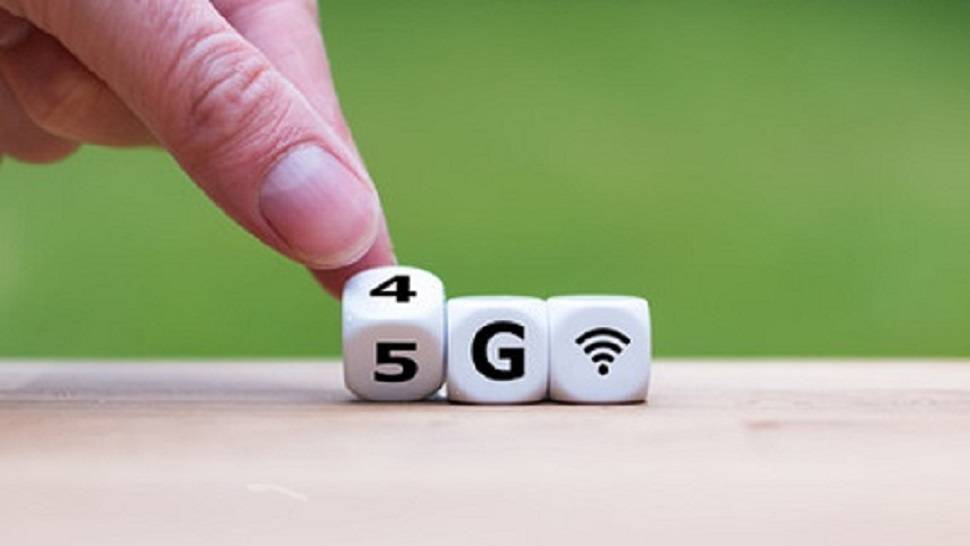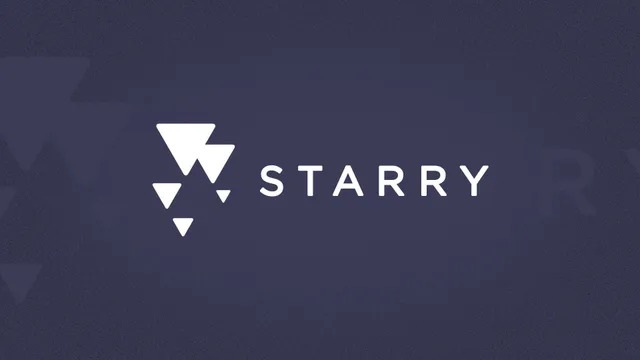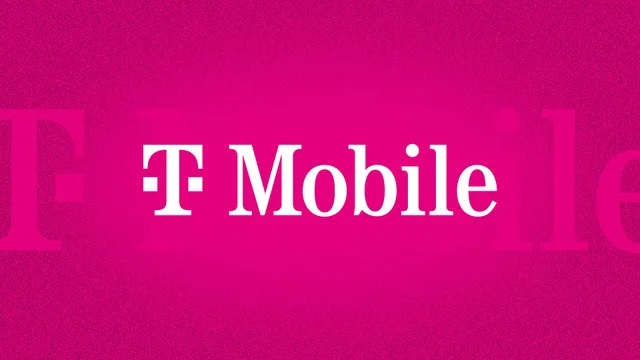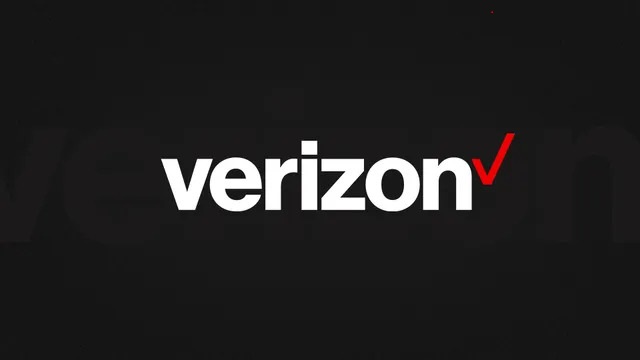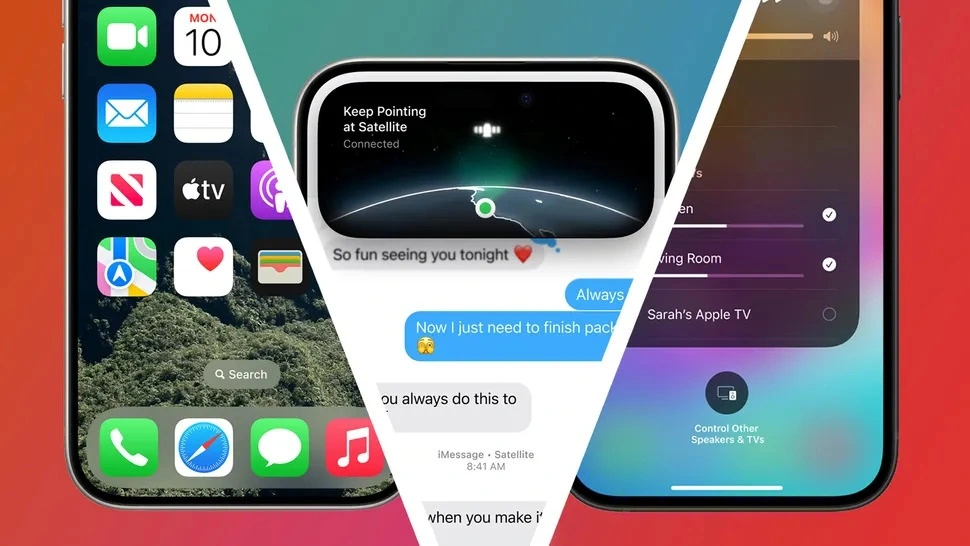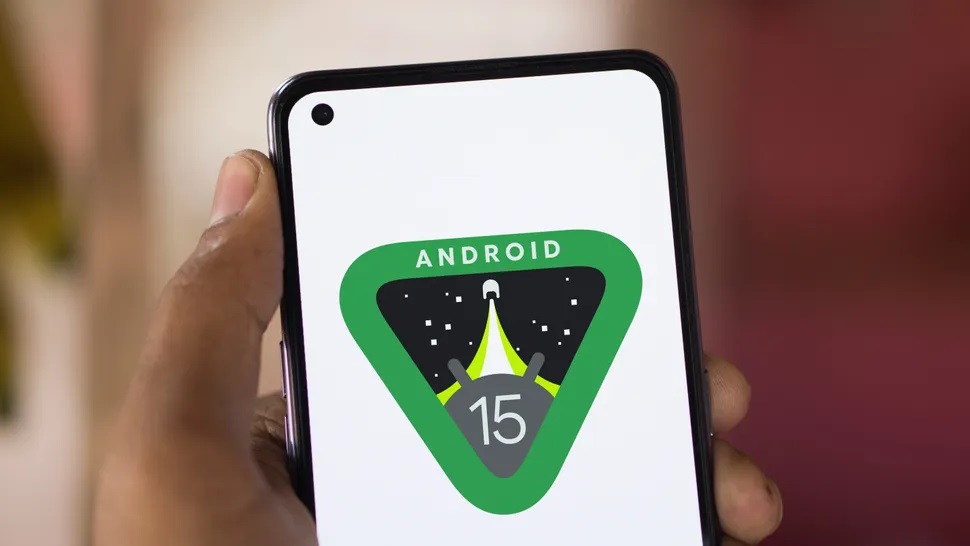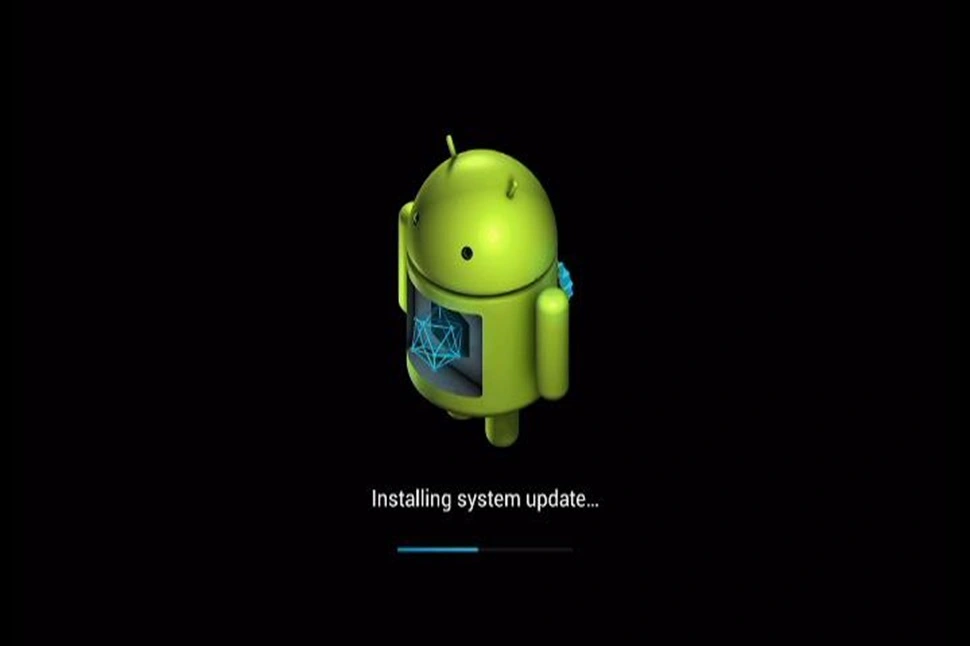Phone companies have talked a lot about how great 5G is for smartphones, but could it also make your home internet better?
Tired of dealing with internet companies and their long contracts, slow speed, strict rules, higher costs? You are not the only one. In a 2023 survey, internet providers were rated as the second worst industry in country, even lower the airlines, social media, health insurance and the US Postal Service. It often feels like we didn’t have many options. Could 5G be the solution?
The technology in new phones is now trying to fix out home internet needs. Having good internet at home is important whether you are working or playing Games. Some companies like Starry, Verizon, and T-Mobile offer basic 5G home internet plans with decent speeds at clear prices. But these services are only in certain cities. We will try our best to tell about best internet provider companies and about 5G internet.
What Is 5G Home Internet?
5G means the fifth generation. It’s the fifth generation of wireless data networks. You have probably heard 5G mostly is relation to better mobile communication and faster phone. 5G network use different radio frequencies that before, aiming to give faster data speed with much less lag or delay than what we had with 4G internet.
Millimeter-wave technology uses higher frequencies than earlier generation, resulting in faster speeds and connections. However, these higher speeds come with a drawback: the data can’t travel as the same distance as 4G and has more trouble with obstructions. To combat that, midband technology, with speeds around 300 to 400 megabits per second, widens the coverage. Lastly, low-band 5G works like 4G but it’s faster, around 100 to 200 megabits per second.
Is 5G Home Internet the same as 5GHz?
No, it’s the same. One common mistake is thinking that if your Wi-Fi router has “5GHz” written on it, you have 5G. Wi-Fi routers use short-range radio waves (usually either 2.4GHz or 5GHz) to send internet signals to devices in your house. 5GHz might be an option for your Wi-Fi, but it’s not the same as 5G, which is a type of cell phone technology using higher frequency waves.
Difference in Home 5G internet
Most internet provider companies that give you the internet connect your home to a big network using phone lines or cables. They use different kinds of connections like DSL, cable, and fiber-optic. These connections all involves wires going from the company to your home.
5G home internet is a bit different. It’s a type of wireless internet that’s fixed meaning it doesn’t use wires to connect to your home. For 5G, you will need a special receiver either inside or outside your house to pick up the signal. It’s kind of like satellite internet, but instead of getting the signal from satellites far away in space, it comes from a wireless hub closer to you. Even though it uses the same 5G network as your phone, the connection is customized for your places and can’t be used elsewhere.
How to get 5G Home Internet?
5G home internet is not everywhere yet. Most of the cities where it’s available are big ones in the US.
T-Mobile Home Internet is the most common service among the three highlighted providers. While Verizon’s 5G home internet is now in 40 million homes, T-Mobile has gone further, reaching over 50 million households with its fixed wireless service. But T-Mobile says it’s not everywhere in those areas because of network limits.
Verizon’s 5G Home Internet is available in around 900 markets. So, even though it’s in fewer households compared to T-Mobile, it does reach more cities.
Starry Internet is offered in Boston, Denver, Los Angeles, New York City, and Washington, DC.
5G Internet Provider in US
5G is still under development across the country. Due to this reason a relatively small number of providers offering 5G home internet plans at present. Initially, AT&T only offered 5G mobile services, with its fixed wireless solution operating separately. However, in mid-2023 AT&T altered this approach by integration its 5G network into its AT&T internet Air service across 16 US markets. By late January 2024, AT&T Internet Air service across 16 US markets. By January 2024, AT&T Internet Air expanded its availability to 59 locations nationwide.
At this time, your main options for 5G home internet are Starry, T-Mobile and Verizon. If you do not pay bill through automatically channel, then your monthly bill will be higher. Now, let’s explore them.
Starry (Interne provider)
Starry began in 2016 without emphasizing the 5G connection. Instead, it relies on millimeter-wave technology for delivering fixed wireless home internet, rather than the 5G NR radio tech that mobile providers focus on. According to a spokesperson, Starry operates in the 24GHz and 37GHz spectrum bands consistently across all its markets.
Monthly packages includes unlimited data, free equipment and installation, and no contracts. Also, it’s the only 5G home internet provider listed here that features symmetrical or near-symmetric download and upload speeds, similar to what you find with a fiber internet.
Starry also offers full refund fi you are not satisfied with the service and cancel within the first 30 days.
It’s good to know that Starry got out of Chapter 11 in August 2023, so they stopped their plans to go to new cities. Now, they are focusing on their five current markets: Denver, Boston, Los Angeles, New York, and Washington, DC.
T-Mobile Home Internet
T-Mobile Home Internet is slower than other options we listed because it uses both 4G LTE and 5G, not just 5G. They expect most customers to get speeds between 72 and 245Mbps.
With T-Mobile, you won’t pay extra for setup or taxes, and there is no contract or data limit. If you switch to T-Mobile, you will get a #200 gift card. They also offer six month of free SiriusXM, weekly goodies with T-Mobile Tuesday, and $20 off each month if you are qualifying T-Mobile voice customer.
Verizon 5G Home Internet
Verizon’s 5G internet service is super-fast, with download speeds up to 1 gigabit and average speeds of around 300Mbps. But when it comes to uploading, it’s not as fast, maxing out at 50Mbps or less. That’s because Verizon doesn’t only use millimeter-wave tech; they use a mix of low-band, mid-band, and millimeter-wave tech.
FAQ’s
Is 5G home internet cheaper compare to other connection types?
5G home internet is pretty cheap considering the good download speeds you get with current plans. T-Mobile’s speed is around 100Mbps, Starry’s is about 200Mbps, and Verizon is around 300Mbps. The cheapest option among the three is $15 a month (from Starry ISP), and the most expensive is $70 Verizon 5G Home Plus plan but without the Verizon mobile discount). All the monthly costs include everything like fees, taxes, equipment, and setup charges. So, what you see is what you pay each month. And you do not have to sign any long contracts, so you do not have to worry about early termination fees.
Is 5G internet enough for your home?
5G should give you a really fast connection, as good as or even better than cable or fiber internet. But the reality is 5G home internet is not quite there yet. To make 5G internet more reliable and cover more areas, most providers use a mix of different technologies like millimeter-wave, low-band, and midband, sometimes even including 4G LTE. This mean that for now, people using 5G at home won’t get the full high-speed benefits. Still, you should get much faster speeds compared to regular DSL and satellite internet plans.
What does the ‘G’ stand for in 5G, 4G and 3G?
The G is simply means generation. In other words, 5G is the fifth generation of cellular technology.
Difference between 5G home internet and Cable internet
Cable internet, whether it’s coaxial cable, fiber-optic cable, or a mix of both, uses wires to send data from a central hub to your home. On the other hand, 5G home internet is a fixed wireless option. It uses an internet gateway to link your home by sending radio signals to nearby cell tower or data hub.







